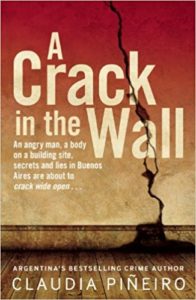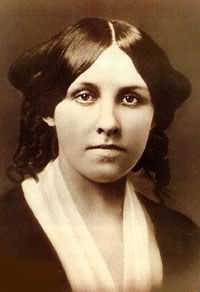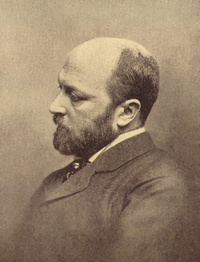I was surprised to receive a review copy of Patricia Cornwell’s 25th Kay Scarpetta book, and I can’t imagine this book getting published by a newbie. It’s a meandering, slow-mo crime novel that’s badly written and badly edited.
The book is filled with odd usages like “right much” for “very” or “a lot,” and dialogue between family members and spouses that sounds overly formal, almost British. Even tough characters keep saying things like “I’ve not” rather than the more common “I haven’t.”
Whole passages in this book read like a murky first draft, and there are many lines like this one where the writing is seriously off:
My next stop is the kitchen table, what’s actually a butcher block that no doubt belongs to the house.
Just as damaging is the way Cornwell interweaves present tense and past tense–too often I had to go back and figure out what was happening when. Cornwell’s use of present tense is painful anyway, as when Scarpetta gets dressed and each item of clothing is mentioned in a separate line while she’s on the phone with someone. Pages like that feel like filler.
Scarpetta is meant to be a uniquely talented, supremely experienced medical examiner but she often seems like an amateur and a jerk. She’s annoyingly obsessed with minutiae outside her field, griping about a murder victim who didn’t water her plants or recycle, for instance, or use the right storage container in her fridge.
And for someone scared half to death at one point, the shout of “Goodness!” makes her sound like Miss Marple, not a strong woman at the top of her profession.
Her overall character seems oddly realized. She lets colleagues, family and even her new secretary bully her, which comes across as annoying and unbelievable. And for someone who rhapsodizes at length about fine French wines, she thinks pedestrian appetizers are somehow special. Calling ordinary cheeses “antipasto” doesn’t make them exotic. If she’s been to France and adores French wine, how comes she’s clueless about its many fabled cheeses?
Her husband drives a Tesla SUV which costs over $100,000 and it gets lavish attention in the book, but they can’t afford an actual wine fridge and she has to jerry-rig something in the basement? Is that–and plebeian cheese–supposed to appeal to readers who can’t afford expensive wines? Then why show off the fancy SUV? These things don’t add up and they exemplify the problem of disconnection that runs through the whole book.
Time and again, there are places where there’s a kind of logical hiccup, some missing connection. Like a scene where Kay and her husband are alone in the Oval Office with the president and vice-president, but suddenly he’s talking to “those assembled behind closed doors.” Huh? And while some characters aren’t described at all, others are described well after they appear on the scene.
As for the denouement–it fells like a cheat, but saying why would be a spoiler.
Autopsy is often so disjointed you wonder if it was written by a committee. In the end, the uneven mix of forensic thriller with industrial espionage, outer space drama, office politics, biomedical engineering and AI makes the book seem overstuffed yet weirdly underfed.
Former crime fiction reviewer for the Detroit Free Press, Lev Raphael is the author of 27 books in many genres. He mentors, coaches and edits writers at writewithoutborders.com, with clients across the U.S., in Europe and Asia.









